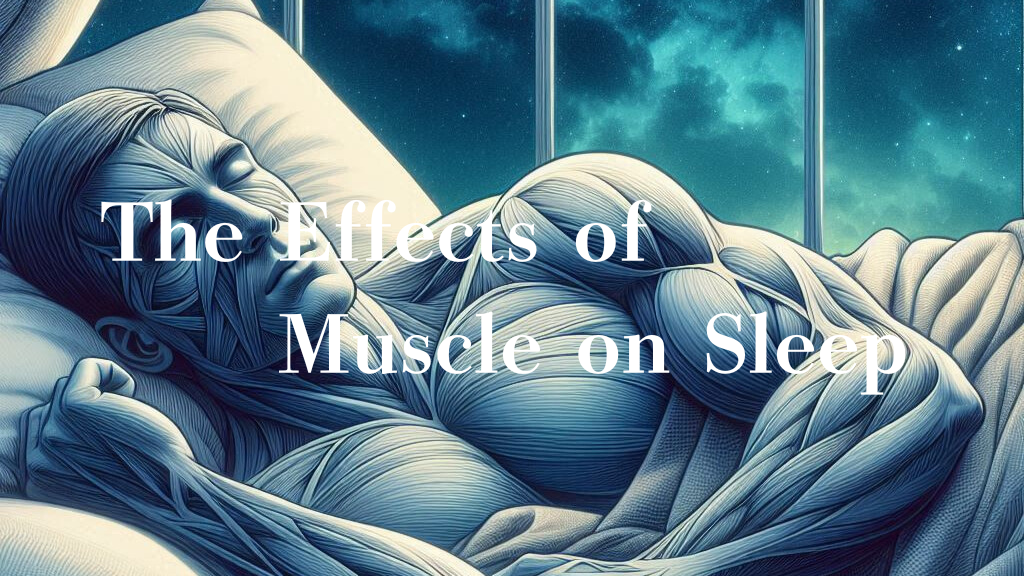It is said that muscle building has a positive impact on sleep. About two years ago, doing 10 push-ups or squats was tough for me, but now I can do 30 as part of my daily morning routine.
Among various exercises, squats, which target large muscles like the thighs and buttocks, are particularly effective for increasing muscle mass and are also said to have a significant impact on sleep. Additionally, the timing of the workout is crucial. Intense exercise before bed can activate the sympathetic nervous system and, in turn, make it harder to fall asleep. For that reason, doing strength training in the morning is more effective as it helps wake up the body smoothly and promotes natural sleepiness at night.
For people who are not good at exercising or who don’t enjoy physical activity, doing muscle training every day is not an easy task. However, compared to the pain of insomnia, the discomfort of muscle training is really nothing. The struggle of working out is nothing compared to the struggle of not being able to sleep. The pain of sleepless nights affects not only the body but the mind as well. The fatigue from muscle training is a minor thing compared to sleepless nights. When you’re working out, at least you get a sense of progress, and you can feel a sense of accomplishment. But sleepless nights only pass by uselessly, with both the mind and body consumed by helplessness.
If it meant better sleep, the discomfort of muscle training wouldn’t even be a consideration. In fact, if it would help me sleep, I would be happy to train all day long. I would train until I was utterly exhausted—no problem at all—if it meant achieving the peaceful sleep I’ve been craving. The discomfort is nothing when compared to the agony of sleepless nights. No matter how tough it gets, I would choose a day of intense muscle training over another sleepless night any day.
Morning workouts have the effect of switching the body from “on” to “off,” waking it up from sleep and helping promote natural sleepiness at night, making it easier to fall asleep. Additionally, muscle training is said to activate serotonin, the “happiness hormone,” which makes it an essential method for those who prioritize sleep. But despite all these benefits, I still haven’t experienced them. No matter how much I train, by nightfall, the struggle of not being able to sleep waits for me.
That said, I don’t train every single day, but I do it at least three times a week, and I’ve been doing so for about two years now. Even so, I still don’t experience the stable, peaceful sleep I long for. Despite continuing muscle training, every night I face the anxiety of another sleepless night. The pain of muscle training is nothing compared to the agony of insomnia, and that’s something I realize every single night as I try to fall asleep.


